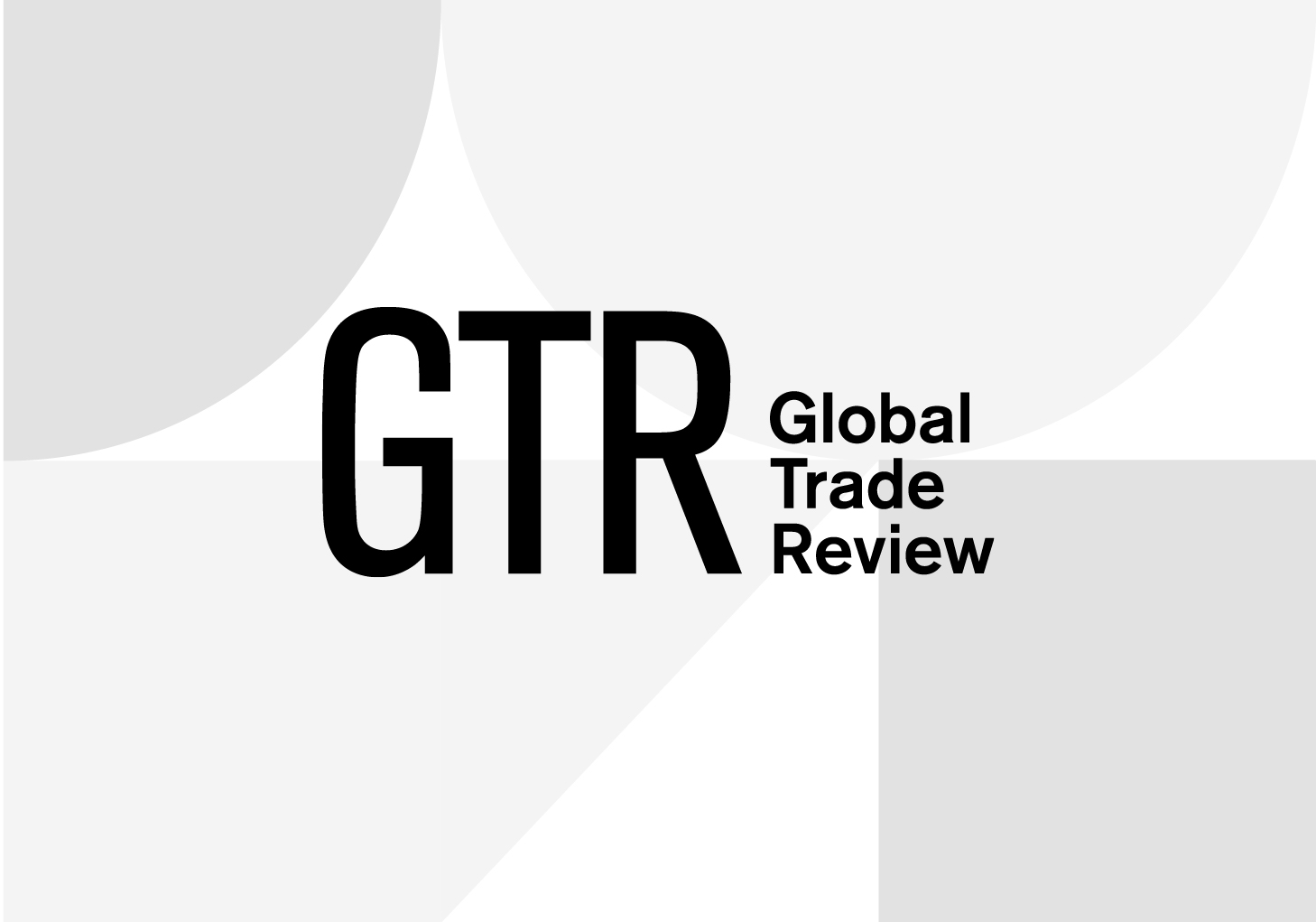The Cape Town Treaty, an international treaty to facilitate the cross-border financing and leasing of large commercial aircraft and aircraft engines, is now on track to enter into effect on March 1, 2006, following the accession to the treaty by Malaysia.
Malaysia becomes the required eighth country to ratify or accede to the treaty and the related aircraft protocol.
On November 2, the government of Malaysia deposited its instruments of accession to the Cape Town Treaty and the related aircraft equipment protocol with the International Institute for the Unification of Private Law (Unidroit), the independent intergovernmental organisation based in Rome, Italy, that serves as the depositary.
Besides Malaysia, other countries that have ratified or acceded to the Cape Town Treaty to date are Ethiopia, Ireland, Nigeria, Oman, Pakistan, Panama and the US.
“Ex-Im Bank commends the actions of all nations that have enabled the Cape Town Treaty to move forward. We strongly believe that the Cape Town Treaty will reduce certain risks associated with cross-border, asset-backed financings and leases of aircraft and aircraft engines,” says US Ex-Im Bank president and chairman (acting) James Lambright. “Ex-Im will continue to encourage more countries to ratify the treaty and realise its benefits.”
Since 2003, US Ex-Im has offered a one-third reduction of its exposure fee on asset-backed financings of new US-manufactured large commercial aircraft for buyers in countries that sign, ratify and implement the Cape Town Treaty and the related aircraft protocol (including certain optional provisions specified in letters sent by Ex-Im to such buyers). Ex-Im Bank’s offer applies to approvals issued to these buyers through September 30, 2006.
Of the eight countries that have ratified or acceded to the Cape Town Treaty to date, airlines in four of these countries – Ethiopia, Pakistan, Panama and Oman – have benefited from Ex-Im Bank’s reduced exposure fee following their countries’ ratification of the treaty.
Ex-Im Bank’s vice-president of transportation Robert Morin says, “The reduced risk justifies a reduction in our exposure fee for airlines based in countries that ratify and implement the treaty. The Cape Town Treaty is intended to expand the sources, increase the amount and lower the cost of financing available to airlines. This will enable airlines to upgrade their fleets, thereby supporting jobs in the aerospace industry.”
US Ex-Im Bank’s offer enables eligible foreign buyers to receive an Ex-Im exposure fee of as low as 2%, a one-third reduction of the current minimum 3% exposure fee on asset-backed financings of new large commercial aircraft. More favourable financing terms also apply to asset-backed financings of spare engines to such buyers.
Ex-Im also extends preferential financing terms to leasing companies but only if the aircraft leasing company and the airline lessee under the initial operating lease are both based in a Cape Town Treaty country and make the appropriate declarations under the treaty and aircraft protocol.
The Cape Town Treaty (which was concluded at an international diplomatic conference held in Cape Town South Africa, in November 2001) establishes a commercially oriented, comprehensive international legal framework to protect security and leasing interests in aircraft equipment. To date, the treaty has been signed by 28 countries and ratified or acceded to by eight countries. The Cape Town Treaty and the related aircraft protocol will enter into effect on March 1, 2006.
More information on the Cape Town Treaty (formally known as the Convention on International Interests in Mobile Equipment) may be found at the website of Unidroit, an independent inter-governmental organisation that studies needs and methods for modernising, harmonising and coordinating private and commercial law as between states and groups of states. See http://www.unidroit.org/english/conventions/mobile-equipment/main.htm







